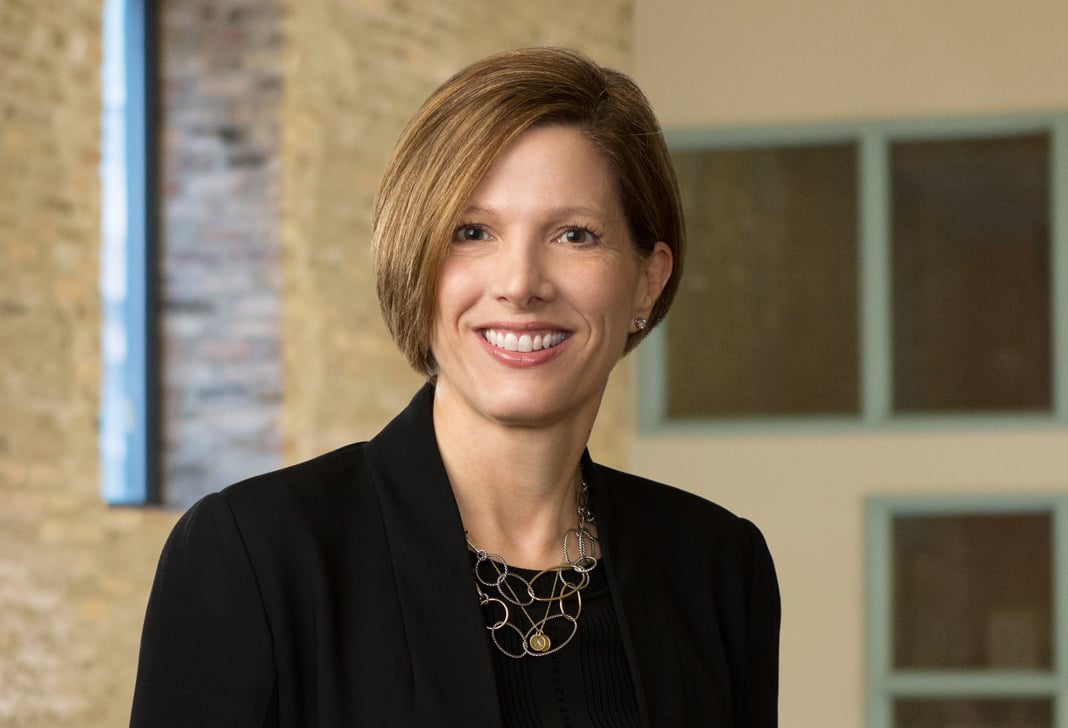
NDIL Launches Pilot Program to Encourage Individual Self-Disclosure of Organizational Misconduct
In Short
The Development: On September 16, 2024, the U.S. Attorney's Office for the Northern District of Illinois ("NDIL") announced its six-month Individual Self-Disclosure Pilot Program for Organizational Misconduct ("Pilot Program"), designed to offer culpable individuals who report organizational misconduct leniency in the form of non-prosecution agreements ("NPAs").
The Result: Culpable individuals who report information related to certain categories of criminal conduct to NDIL will receive an NPA in exchange for their cooperation, provided they meet certain conditions.
Looking Ahead: Companies should be aware of the criminal conduct subject to the NDIL Pilot Program.
On September 16, 2024, the U.S. Attorney's Office for the Northern District of Illinois announced a six-month pilot program encouraging culpable individuals to self-disclose organizational misconduct. The program is meant to incentivize individuals to report any criminal activity previously unknown to law enforcement which they participated in, or had knowledge of, by virtue of their employment. The program will run through March 25, 2025, and may be extended permanently depending on its success.
Morris Pasqual, Acting United States Attorney for the Northern District of Illinois, said the hope is that the Pilot Program will "enhance our effectiveness by incentivizing individuals and their counsel to provide us with actionable and timely information."
Under the program, individuals who timely report meaningful misconduct can potentially receive an NPA in exchange for their continued assistance. In determining whether an individual will receive an NPA, NDIL will consider the following factors, among others:
- The individual's truthfulness;
- The individual's ability and willingness to assist law enforcement;
- The extent of the individual's participation in the wrongdoing;
- The timeliness of the reporting;
- The individual's position within the organization; and
- The individual's criminal history.
NDIL has created an intake form for individuals to use to submit potential misconduct, and will review written submissions and determine whether a follow-up meeting is warranted. If NDIL requests a meeting, the individual will be provided with use immunity for that initial meeting such that any truthful information divulged by that individual will not be used against them. In addition, NDIL expects any individual seeking an NPA under the Pilot Program to:
- Be truthful in the initial submission and all subsequent meetings with law enforcement and prosecutors;
- Completely disclose all criminal conduct in which the individual participated and of which the individual is aware;
- Be prepared to meet with law enforcement and to testify under oath to the facts that have been reported; and
- Disgorge any proceeds from the criminal activity through forfeiture or other means.
Failure to abide by these conditions will preclude relief under the Pilot Program.
The individuals in the following categories are ineligible to receive a benefit under the NDIL Pilot Program:
- Individuals with a prior felony conviction involving violence; the threat of violence; a sex offense involving the force, fraud, or coercion of a minor; or fraud or dishonesty.
- Elected federal or foreign officials.
- Federal law enforcement officers.
- Individuals who are the highest-ranking person in their organization, or who exercise primary control over the operations of the organization.
- Individuals whose misconduct involves violence, threat of violence, or any federal or state sex offense involving the force, fraud, or coercion of a minor.
- Individuals seeking to provide information about federal tax offenses, violations of the Foreign Corrupt Practices Act, or national security offenses listed in Section 9-90.020(A)(1) of the Justice Manual.
- Individuals seeking to report wrongdoing in response to a government inquiry or subpoena.
NDIL's Pilot Program comes after the Department of Justice (Criminal Division) announced a similar program for self-disclosure of corporate wrongdoing earlier this year. A number of other U.S. Attorney's Offices have followed suit, with offices in the Eastern District of New York, the Eastern District of Virginia, the District of New Jersey, the Southern District of Florida, the Southern District of Texas, and the District of Columbia announcing their own programs around the same time as NDIL. The Southern District of New York, the Northern District of California, and the Central District of California announced similar programs earlier this year.
Companies should be aware of the incentives available to individuals who have engaged in or have knowledge of organizational misconduct. Companies should ensure that they have monitoring controls in place to effectively identify and address such misconduct, as well as clear reporting protocols to encourage employees to promptly report misconduct internally. Encouraging individuals to promptly report issues internally in the first instance should afford the companies involved the opportunity to appropriately address and, if necessary, remediate compliance concerns, but companies should not deter individuals from reporting misconduct and seeking whistleblower protections.
Two Key Takeaways
- Companies should be aware of the scope and operation of the NDIL Pilot Program.
- Companies should ensure that their compliance programs and related activities (e.g., employee training) appropriately account for applicable whistleblower programs and encourage the timely internal reporting of suspected misconduct.









